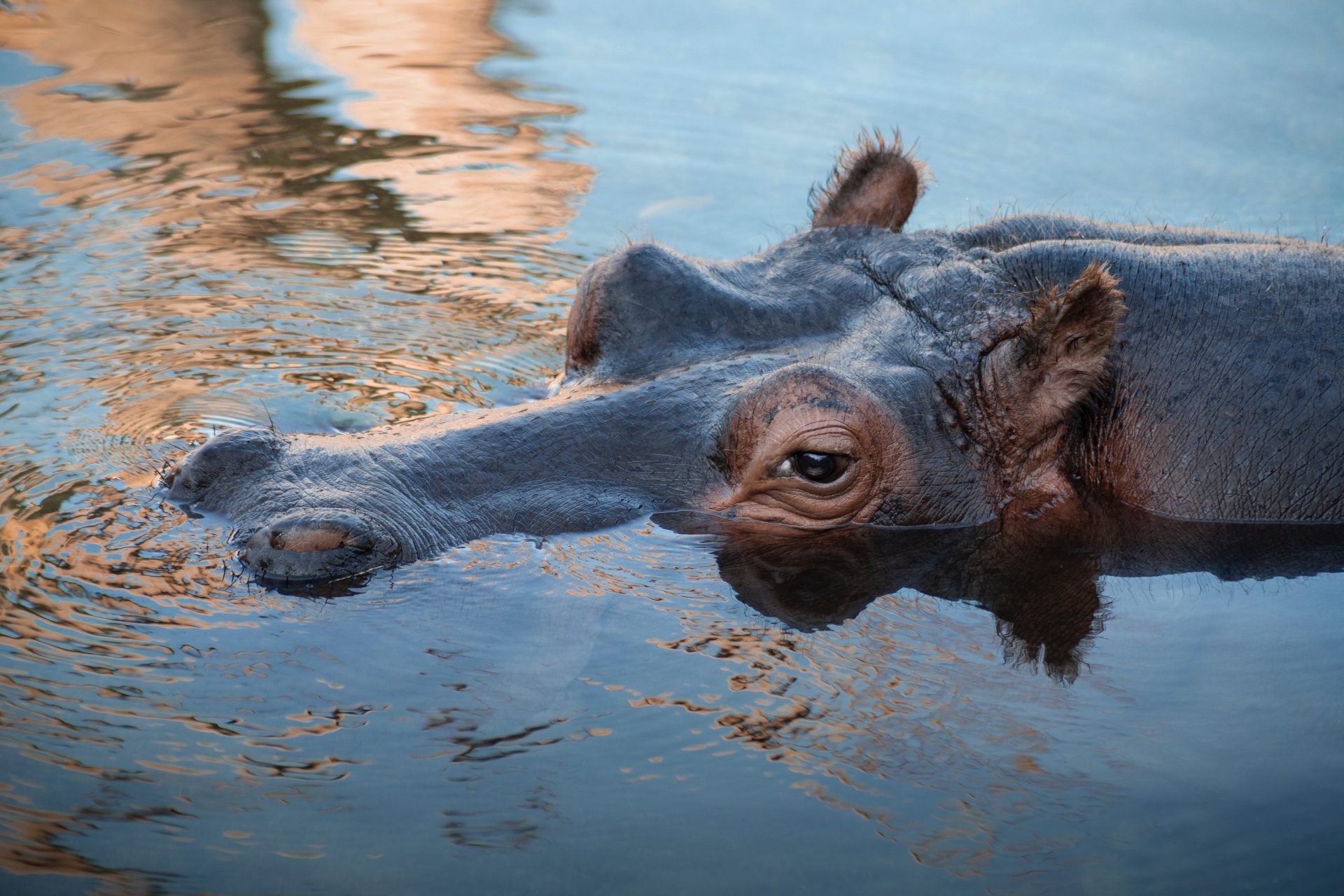#WorldHippoDay
World Hippo Day is a day to celebrate the majestic hippopotamus and encourage people to take action against its extinction. Hippo’s ancestors have been around for over 50 million years. They are thought to have originated from a group of semiaquatic animals called Whippormorpha.
The group of the Whippomorpha split into two branches- whales and dolphins and the common hippo. Hippos are native to sub-Saharan Africa and are semiaquatic mammals. They are found in rivers, lakes and swamps and spend a lot of time in the water to keep their massive bodies cool. Hippos are one of the most dangerous animals in Africa. They are responsible for more human deaths in Africa than other large animals.
Hippos are important for the environment because their solid waste provides rivers and lakes with the necessary nutrients for life in the ecosystem to survive. Without Hippos, certain fish species and algae populations will be reduced, which can lead to food shortages in African water bodies, including Lake Victoria.
Because of poaching, loss of access to fresh water, mechanized farming and urbanization, hippos have been lost in the wild. There are only about 115,000 – 130,000 hippos left, and in 2006, the International Union for Conservation of Nature listed the hippo as a vulnerable species on its Red List.
World Hippo Day is a time to bring awareness to the threats that hippos face and encourage them to take action.
How to celebrate it:
- Learn more about hippos, their behaviours, habitat, and conservation status.
- See a hippo at your local zoo or wildlife sanctuary.
- Watch a film featuring hippos (Madagascar, Fantasia)
- Make a donation to an animal conservation organization (the World Wildlife Foundation)
- Support responsible tourism by choosing ethical operators when participating in an African safari to see a hippo in its natural environment.
Fun Facts:
- Hippos can weigh up to 3600 kg, making them the third-largest land mammals after elephants and rhinos.
- There was once an effort in 1910 to bring hippos to Louisiana to help control a plant that was taking over the bayous and to address the American meat crisis. The American Hippo Bill didn’t pass.
- Hippos spend 16 hours of the day submerged in water.
- Hippos have natural sun cream- they secrete an oily reddish-orange slime that protects their skin from ultraviolet rays and harmful bacteria.
- Hippos can run at a speed of 19 – 30 miles per hour.
- They can hold their breath for up to 5 minutes and can give birth and sleep underwater.










